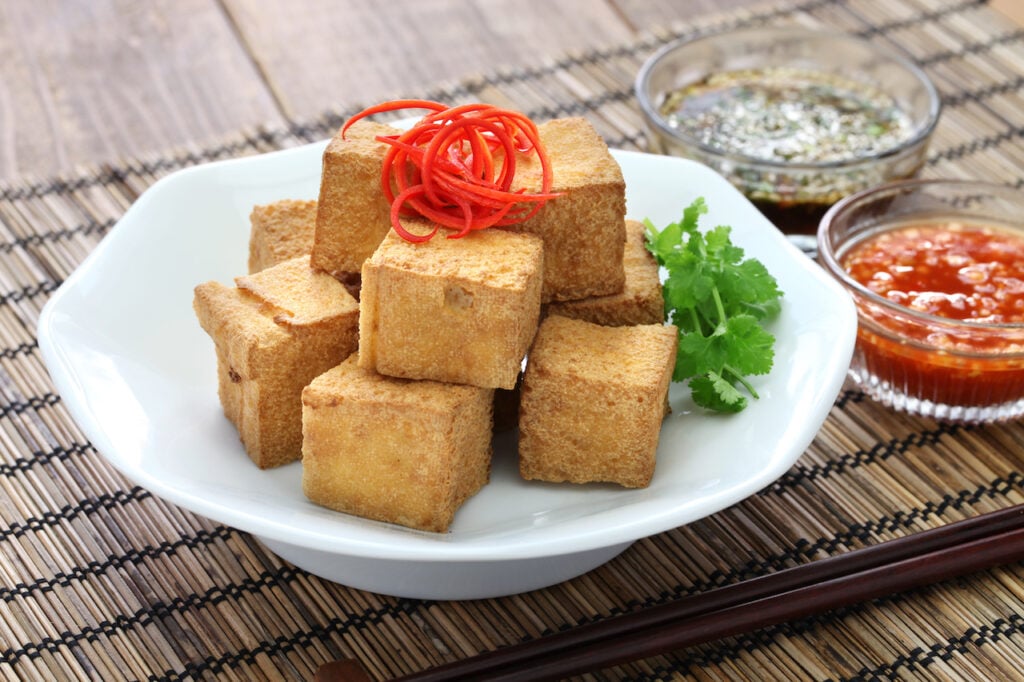Eating habits appear to be shifting in Taiwan, local manufacturers say, away from animal-based foods and towards plant-based options. They’ve thanked a recent climate bill that seeks to promote low-carbon foods for the change.
Taiwan lawmakers passed the Climate Change Response Act in January. The legislation was an effort to help the East Asian country – home to 23.9 million people – reach carbon neutrality by 2050.
Alongside environmental motions, such as charging companies that emit more than 25,000 metric tons of carbon each year a levy, food is a central concern in the bill.
Under Article 8, the Council of Agriculture is now mandated to encourage reduced food waste. And, to promote low-carbon diets, especially plant-based ones. Moreover, a later article (number 42) highlights that all government departments must align with this and do the same, focusing in particular on local food producers.
Plant-based push
The new policies have already influenced consumer trends, according to some larger Taiwanese plant-based operations. They claim to be witnessing an uptick in orders as a result of the climate bill.
Significantly, public sector orders are on the rise, as well as private ones. In particular, it seems military and educational establishments are seeking to increase plant-based options.
“Recently, what we’ve been observing is that because of these government policies and changes, we’ve had orders from the military as they are switching their diets to more plant-based, low-carbon alternatives,” Ten Wang, international sales manager at Vegefarm, said to FoodNavigator-Asia.
Vegefarm, which specializes in non-GMO frozen foods, offers more than 300 vegan and vegetarian products. This includes plant-based shrimp, tuna, and shiitake steak.
“We’ve had a lot of these orders coming from primary schools, large franchises, and the military,” Wang continued. “People try a plant-based diet, maybe not every day, but it’s like an alternative option. And they slowly get used to it. I think it could permeate the market.”

Taiwan chooses plant-based foods
Taiwan’s plant-based food sector is projected to keep growing between now and at least 2026, whereupon it will reach a value of USD 46.5 million.
Wang says that Western-style flavors and products could be key in continuing this growth. “When people think of vegetarian products [in Taiwan], they associate them with tofu, tofu skin, soybean curds, and gluten puffs. These have long permeated the market here,” he said. “With the [plant-based food] developments in the West, people in Taiwan want more creative options.”
Named one of the most vegan-friendly travel hotspots in the world, Taiwan’s acceptance of plant-based living is thought to stem from its Buddhist roots.
In addition, younger generations are reportedly turning plant-based for environmental and health reasons, rather than spiritual ones.






